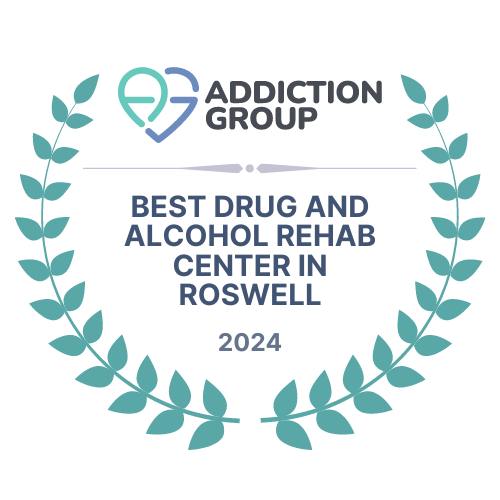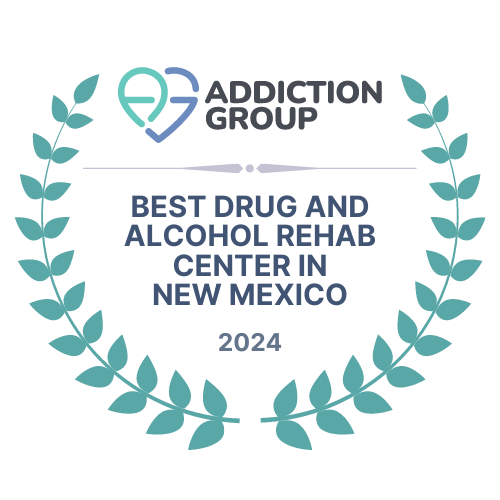The joy and anticipation of being released from prison can often be tainted by the shadows of past substance dependencies. Unfortunately, this dark cloud looms larger for former inmates, as studies have consistently shown that the period following release is perilously high-risk, especially concerning opioid overdoses. Suboxone, as part of the Medication-Assisted Treatment (MAT) approach, emerges as a potent tool in combating this tragic trend. Here’s an in-depth exploration of the role Suboxone plays in safeguarding these vulnerable individuals.
The Stark Reality: Opioid Overdoses Post-Incarceration
To understand the gravity of the situation, it’s crucial to know the numbers. Former inmates are many times more likely to suffer a fatal opioid overdoses within the initial weeks of release compared to the general population. Why? Factors include:
- Lowered Tolerance: Inside the prison, reduced access to opioids can decrease an individual’s tolerance. Upon release, if they consume quantities they once did, it can lead to fatal consequences.
- Emotional Triggers: The stress, anxiety, and pressures of reintegrating can push former inmates toward substance use as a coping mechanism.
- Environmental Factors: Returning to old neighborhoods or circles where drug use is prevalent can reignite past dependencies.
Suboxone: A Beacon of Hope
Suboxone, combining buprenorphine and naloxone, has proven instrumental in treating opioid use disorders. Here’s how it aids those freshly out of prison:
- Mitigating Cravings: By acting on the opioid receptors in the brain, it effectively manages and reduces cravings, making relapse less likely.
- Safety Nets in Place: Suboxone’s unique formulation prevents overdose. The naloxone component acts as an antagonist, precipitating withdrawal if taken in high amounts or if attempted to be misused.
- Stability Ensured: Regular doses create a physiological stability, helping individuals focus on rebuilding their lives without the disruptive influence of opioid highs and lows.
Testimonials: Lives Saved, Paths Redirected
Lisa, once incarcerated and now an advocate for MAT in post-release programs, shares, “Those first weeks out are a whirlwind. Everything feels intense. Suboxone was my anchor. It kept me grounded, ensuring that I didn’t turn to opioids despite the chaos.”
Such testimonials underscore the lifesaving potential of Suboxone for those transitioning from prison life.
Challenges to Overcome
While the benefits are evident, many barriers hinder broad-scale Suboxone adoption:
- Misinformation and Stigma: Many believe MAT is merely substituting one drug for another. Such misconceptions can prevent former inmates from accessing or even seeking treatment, which could potentially lead to opioid overdoses.
- Systemic Barriers: Not all released individuals have immediate access to MAT programs, often due to logistical, financial, or bureaucratic barriers.
- Continuity of Care: Establishing a seamless transition from prison-based care (if available) to community-based MAT programs is crucial yet often lacking.
The Way Forward: Making Suboxone Accessible
To maximize Suboxone’s impact, several steps must be taken:
- Educate and Inform: Awareness campaigns inside prisons can equip inmates with knowledge about MAT and its benefits.
- Community Collaboration: By partnering with local organizations, healthcare providers, and MAT clinics, a supportive network can be established for post-release individuals.
- Policy Advocacy: Lobbying for policies that ensure easier, affordable access to Suboxone and MAT post-release is vital.
Conclusion
The journey from incarceration to integration is filled with hurdles. The risk of opioid overdose, a grim reality faced by many, need not be one of them. Suboxone, with its proven efficacy in treating opioid use disorders, stands as a sentinel, guarding the newly released against potential relapse and its fatal consequences. By expanding its accessibility and erasing stigma, society can ensure that the path to reintegration is safer and more supportive for all.
Contact the Renew Health team in Roswell, New Mexico to learn how Suboxone can help you on the path to recovery.








